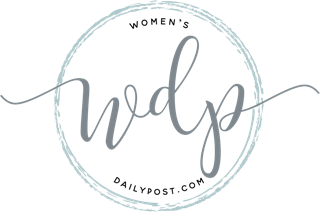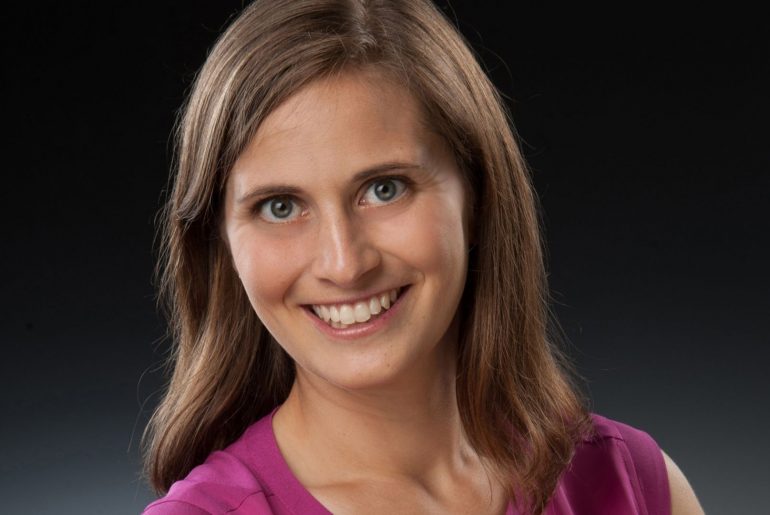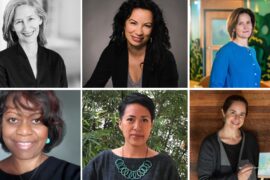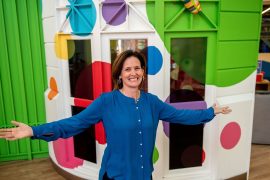Want to hear some really good news about breast cancer? “Women should not die from breast cancer. More than 95 percent of women diagnosed with early-stage breast cancer survive and thrive,” says the Brem Foundation, an organization that works to maximize women’s chances of finding early, curable breast cancer.
Dr. Rachel Brem is the Director of the Breast Imaging and Intervention Center and the Program Leader for Breast Cancer at the George Washington Cancer Center, and from her own work and personal experiences, she knew there was a need for better education, for better access to affordable and timely screenings and diagnostic testing, and to advocate for insurance coverage for breast cancer screening beyond mammograms. She founded the Brem Foundation to Beat Breast Cancer to help women access the information they need to assess their risk and have the screenings necessary to find cancer at an early, curable stage. Not only does early discovery lead to a better prognosis, it means that the necessary treatment is less invasive, less expensive, less risky, less disruptive to a busy family life.
Her daughter, Andrea Brem Wolf, after a career in law and at an education nonprofit, has joined the foundation as President and CEO, and we asked her to talk about an issue that she would like to put a spotlight on for Breast Cancer Awareness month. She wrote about some not great news – that certain types of breast cancer are on the rise in younger women and what we need to know about finding those cancers and intervening early.
YOUNG WOMEN AND BREAST CANCER, by Andrea Wolf Brem
The past two years have brought a lot of worry. COVID has been an unprecedented source of worry for people young and old. Women, in particular, were hit hard. Obligations at home collided with work and life. At times life felt like a swirling abyss of melding obligations. Even before COVID, young women had a lot on their plates – career, family, meaning, and health. Typically, breast cancer was not on the list of worries for women between ages 25-40.
I am in my late 30’s. I have four young children and a career. I know the juggle. I live it every day. The last thing I want to do is give other women at this moment in their lives something else to worry about. So I won’t.
What I will do is give younger women, like me, a way to take control; to feel as though there is something that you can do to increase your chances of leading a happy, healthy, balanced life. The key for younger women is to be vigilant about breast health – even now. Sadly, more young women are being diagnosed with certain types of breast cancer. While breast cancer in younger women is still rare, it is the most common cancer and the most common cause of cancer death in women ages 15-39.
According to the CDC, about 11% of all breast cancers are diagnosed in women younger than age 45. About 1,000 women under age 40 died from breast cancer in 2020. Breast cancer in younger women tends to be faster growing and more aggressive. This all seems sobering – but there is some great news! About 80% of breast cancers in young women are found on breast self-exam. This means that even if you are not eligible for a screening mammogram, you can do something to be proactive about your breast health.
THREE THINGS CAN SAVE YOUR LIFE
Women at average risk for breast cancer should have annual mammograms starting at age 40. Women who have dense breast tissue, or other risk factors, should have mammograms as well as other screening tests like ultrasounds or MRI’s. Some women who are at higher-than-average risk because of family history, genetic mutations, demographics, or previous radiation can begin screening mammograms earlier than 40. But even younger women who are not eligible for annual mammograms before age 40 can do three things to lower breast cancer risk significantly:
- Breast Self-Exam: Breast self-exam is a literal way of taking your life into your own hands. There are many videos and tutorials online that explain the best way to do breast self-exam. It takes about 10 minutes, can be done at home, and is often lifesaving.
- Find out about your family history: You are never too young to find out whether breast, or other, cancer runs in your family. Ask your mother, grandmother, aunts, cousins, and sisters what they know about breast, ovarian, and other cancers in your family. If you come from a family with many men, it may be helpful to ask extended family too. If you find that there is significant cancer in your family, talk to your primary care doctor or OB/Gyn about early screening, genetic testing, or any other steps you may need to take to protect yourself and your family.
- Be a secret weapon: As a young woman, you have a lot of ability to influence others’ lives. Be sure to check in with your mothers, grandmothers, aunts, and other women older than 40 who you love. Help them make their breast screening appointments and maybe even go for a pedicure or for a lunch date afterwards.
No doubt, COVID made life seem crazier than before. But take breast cancer worry off your plate. When it comes to breast cancer, you have the tools to find it early. When breast cancer is found in its earliest stages, it is over 98% curable. If you take steps now to protect yourself and your family, you will have one less thing to worry about and one more reason to celebrate. As you may know, October is Breast Cancer Awareness Month. This month, commit to tackling breast health for yourselves, the people you love, and those who love you. If you want more information go to www.checkmybreasts.org or reach out to me at andrea@bremfoundation.org.
For more information, to learn how to be an advocate, to help with their mission, to donate, to volunteer, to see their events schedule – lots of ways to help! Visit The Brem Foundation.




